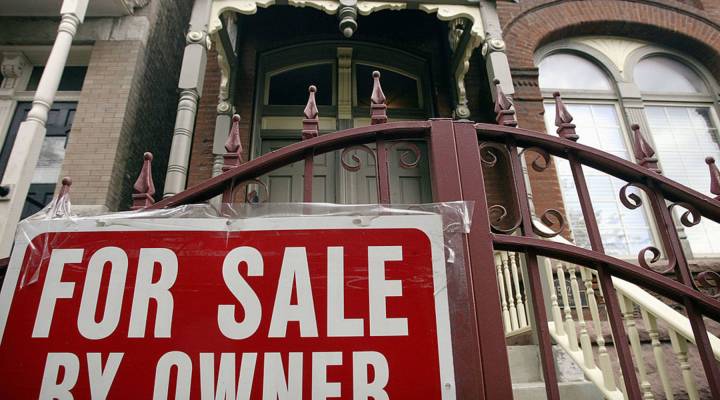
Millennials like city homes but not the high prices

There’s a widely held belief that millennials strongly prefer living in cities over the suburbs. Companies like GE and McDonald’s say they are shifting headquarters from suburban campuses to cities in large part to be more attractive to younger workers.
More so than others, this generation wants to live close to work, take transit and be near lots of restaurants, bars and culture, features of the urban landscape. But this often-painted image of millennials as wholesale rejecters of suburban living may not be the whole picture. Survey research from the National Association of Realtors finds this generation may not be quite so attached to their downtown apartments in the long run.
“When it’s time to settle down and own a home, what we are finding is that the vast majority of millennials are moving out to the suburbs,” said NAR chief economist Lawrence Yun. “Perhaps it is more affordable or perhaps they view it as a better place to raise their families.”
Many housing market analysts believe millennials will eventually become just about as suburban as their parents. They’re just not getting there quite as soon, possibly because they’re marrying and having kids later than previous generations. It’s also possible that what we are seeing now is more a sign of lingering impact from the Great Recession — which made it harder for millennials to afford and finance new homes, forcing them to rent — rather than a major generational shift.
Also, the suburbs are evolving. Those that have good transit linkage to the city and denser, mixed-use development may seem like the best of both worlds to some younger buyers.
“Many suburbs today are starting to look like cities for all intents and purposes,” explained Ralph McLaughlin, chief economist at Trulia, which has also done research showing a more nuanced picture of millennials and housing.
There’s a lot happening in the world. Through it all, Marketplace is here for you.
You rely on Marketplace to break down the world’s events and tell you how it affects you in a fact-based, approachable way. We rely on your financial support to keep making that possible.
Your donation today powers the independent journalism that you rely on. For just $5/month, you can help sustain Marketplace so we can keep reporting on the things that matter to you.


















